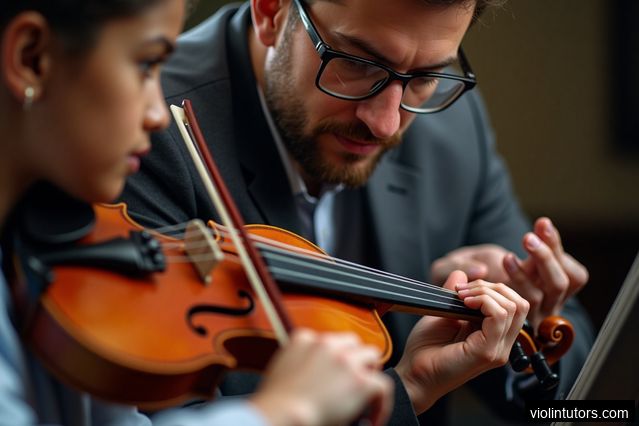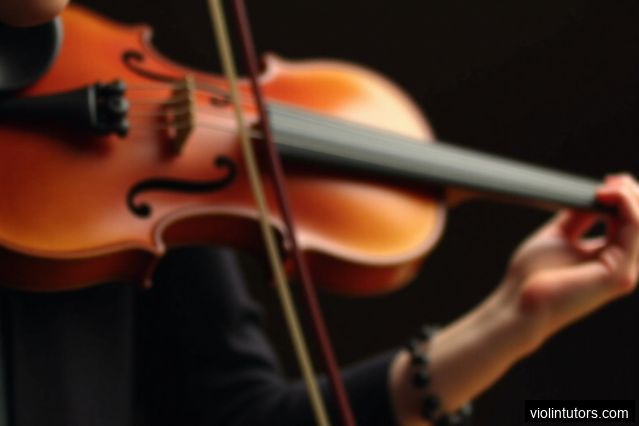Understanding Your Learning Style
Before embarking on your search for a violin instructor, it's essential to understand your learning style. People have different ways of absorbing information and processing it effectively. Some individuals are visual learners who grasp concepts better through demonstrations and visual aids. Others are auditory learners who learn best by listening and replicating. Kinesthetic learners, on the other hand, prefer a hands-on approach and learn by doing. Identifying your learning style will help you find an instructor who can cater to your specific needs.
Matching Teaching Methods
When selecting a violin instructor, it's crucial to find someone whose teaching methods align with your learning style. If you're a visual learner, look for an instructor who incorporates visual aids, such as sheet music, diagrams, or videos, into their lessons. Auditory learners benefit from instructors who emphasize listening exercises, playing along with recordings, and providing verbal instructions. Kinesthetic learners thrive in a hands-on environment, so finding an instructor who encourages physical interaction with the instrument and incorporates tactile exercises will be beneficial.
Experience and Expertise
Another critical factor to consider when choosing a violin instructor is their experience and expertise. Look for instructors who have a solid background in violin playing and teaching. They should have a deep understanding of the instrument, its techniques, and the ability to effectively communicate and demonstrate these concepts. Consider their qualifications, such as degrees in music, certifications, or professional performance experience. An experienced instructor will not only guide you in developing your skills but also provide valuable insights and tips based on their own musical journey.
Teaching Philosophy and Approach
Every instructor has their own teaching philosophy and approach. Some may prioritize a structured and disciplined approach, while others may focus on fostering creativity and self-expression. It's important to find an instructor whose teaching philosophy aligns with your goals and aspirations. Consider whether you prefer a more traditional approach or a more flexible and contemporary style. Communicate with potential instructors to understand their teaching methods and ensure they can provide the learning experience you desire.
Compatibility and Connection
Building a strong rapport with your violin instructor is essential for a positive and productive learning experience. Look for an instructor with whom you feel comfortable and connected. During trial lessons or interviews, pay attention to their communication style, patience, and ability to provide constructive feedback. A good instructor should listen to your concerns, understand your goals, and tailor their teaching approach accordingly. A positive and supportive relationship with your instructor will motivate you to practice consistently and enhance your overall progress.
Availability and Scheduling
Consider the availability and scheduling options offered by potential violin instructors. Ensure their lesson times align with your availability and that they offer flexibility when needed. Discuss any scheduling conflicts in advance to avoid future complications. Additionally, inquire about their policies regarding make-up lessons or rescheduling in case of unforeseen circumstances. Clear communication and mutual understanding of scheduling expectations will contribute to a smooth learning experience.








